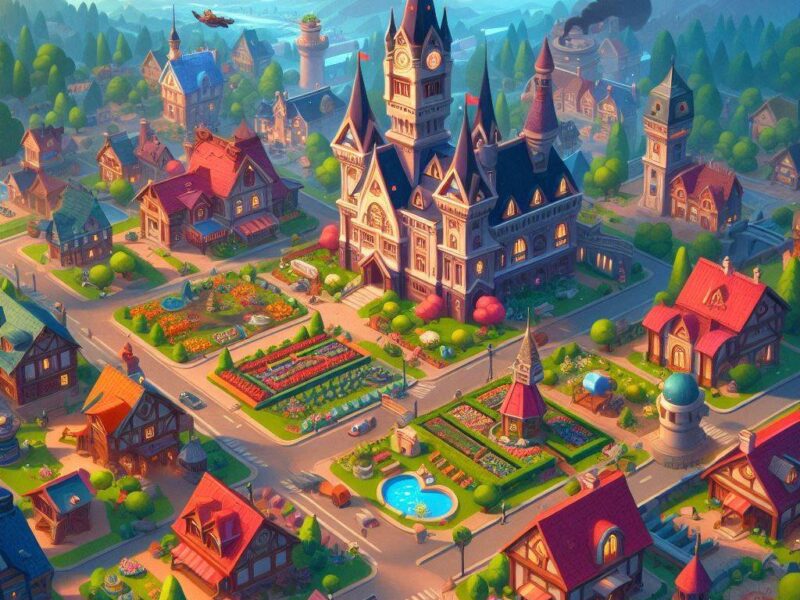1. Master the Basics
Start by honing your skills in HTML, CSS, and JavaScript. These are the foundational tools of web design. Dive deep into responsive design, ensuring your creations adapt flawlessly across various devices. Familiarize yourself with modern front-end frameworks like React or Angular to stay ahead of the curve.
2. Build a Portfolio
Your portfolio is your passport to employment. Create a diverse collection of projects showcasing your skills and creativity. Include case studies detailing the challenges you faced and how you overcame them, demonstrating your problem-solving abilities.
3. Leverage Online Learning Platforms
Platforms like Codecademy, freeCodeCamp, and Udemy offer affordable courses to help you expand your skillset. Remember, continuous learning is key in the ever-evolving field of web design.
4. Networking: The Unspoken Secret
Join online communities like Dribbble, Behance, and Reddit’s r/web_design. Engage in discussions, share your work, and learn from others. Attend local meetups and workshops to broaden your network. Building relationships with other designers can lead to job opportunities and valuable insights into the industry.
5. Internships: A Foot in the Door
Internships provide valuable real-world experience. They offer an opportunity to learn from seasoned professionals, add a reputable company name to your resume, and gain practical skills that cannot be taught in a classroom setting.
6. Tailor Your Resume
Customize your resume for each job application, highlighting skills relevant to the position. Include any relevant projects or achievements in your portfolio. Make sure your resume is visually appealing and easy to navigate, demonstrating your design skills from the outset.
7. Prepare for Interviews
Anticipate common interview questions and practice your responses. Showcase your problem-solving abilities, passion for web design, and adaptability to new technologies and trends. Be prepared to discuss your portfolio projects in detail, demonstrating your understanding of the design process from concept to completion.
FAQs
What skills should I focus on as an entry-level web designer?

Master HTML, CSS, and JavaScript. Familiarize yourself with responsive design, modern front-end frameworks like React or Angular, and design principles such as user experience (UX) and user interface (UI) design.
How can I stand out in a crowded job market?
Build a strong portfolio showcasing your unique style and problem-solving abilities. Networking and continuous learning can also set you apart by demonstrating your dedication to the field and ability to adapt to new technologies.
What resources are available for self-learning web design?
Online platforms like Codecademy, freeCodeCamp, and Udemy offer affordable courses to help you expand your skillset. Additionally, free resources such as W3Schools, Mozilla Developer Network (MDN), and GitHub can provide valuable insights into various aspects of web design.
In conclusion, breaking into the world of web design requires dedication, perseverance, and a willingness to learn. With the right skills, portfolio, and mindset, you’ll be well on your way to securing that dream entry-level job.


